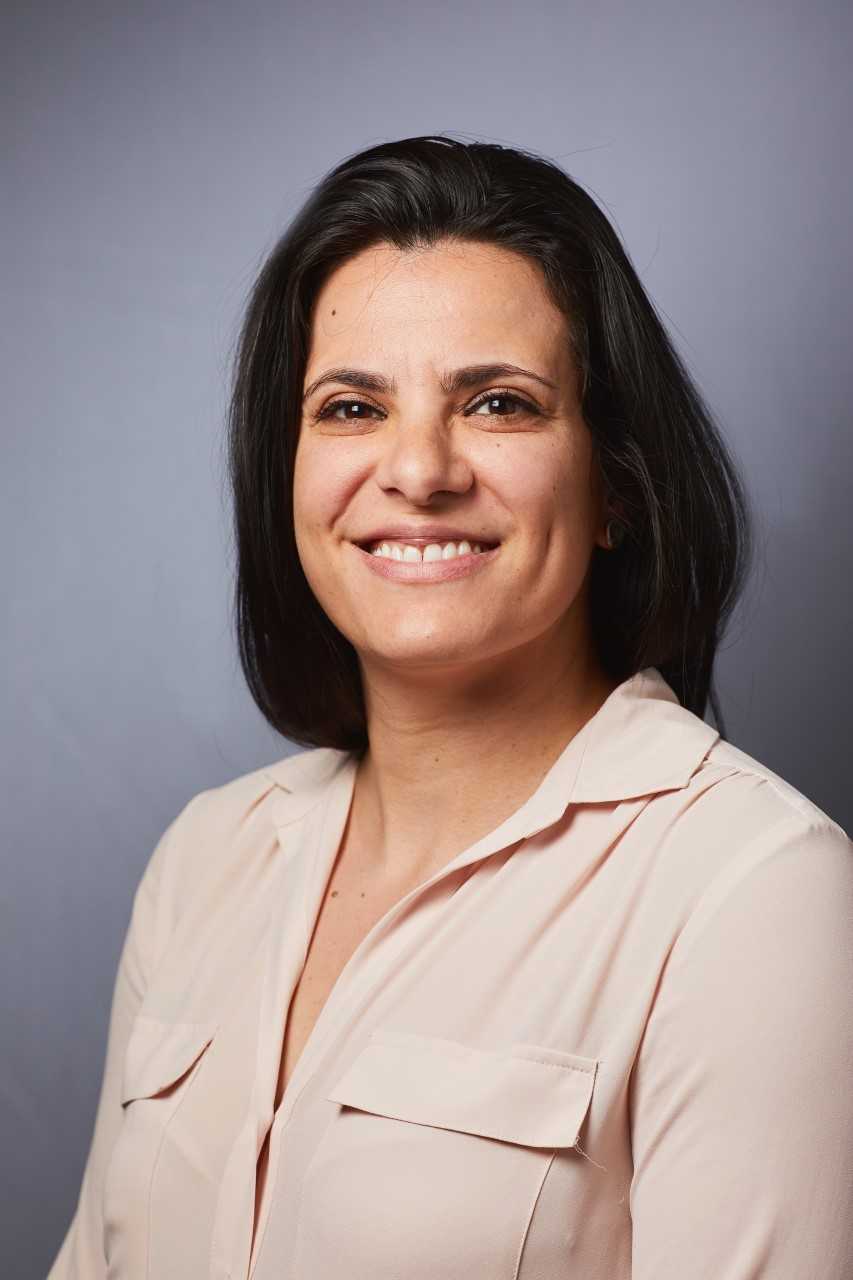Q&A with Marina Silveira
Institution: Yale University School of Medicine
Project Title: Mindfulness-based intervention in the treatment of fatigue in patients with primary biliary cholangitis.
1. What is your first memory/experience of wanting to be involved in scientific research?
My first memory of wanting to be involved in scientific research is closely related to my first memory of wanting to pursue medical training, which was when I realized there were many unanswered questions in medicine and the only way to truly help many people was to search for answers in a methodical way.
2. How did you learn that you had won an ALF Research Award?
I learned I had won the ALF Research Award from an early morning email from the ALF, which was a very special way to start the day knowing that I would have the opportunity to help patients with PBC suffering from fatigue. I am very grateful to the ALF for this opportunity.
3. Describe your Research Award Project in very simple (layman) language?
Fatigue is a common symptom in patients with primary biliary cholangitis, which can lead to poor quality of life and does not have any effective treatment. Twenty eligible patients with moderate to severe fatigue who are currently on stable therapy with ursodiol for at least 6 months will be enrolled into a clinical trial in which their fatigue and other symptoms will be monitored closely over the course of almost 1 year. After at least 8 weeks of observation, patients will complete an 8-week mindfulness-based intervention program (once a week, for at least 2 hours) aimed to improve the symptoms of fatigue in patients with PBC. Overall, patients will be followed up to a total of 1 year, so that blood tests, physical activity, and symptoms including fatigue will be measured at different times to look for changes before and after the mindfulness-based intervention program.
4. What do you hope your research project will lead to:
a. In the short term?
I hope that this study shows an effective strategy for the treatment of fatigue in patients with primary biliary cholangitis, as fatigue can be such as debilitating symptom deeply affecting the quality of life of patients with PBC, even when their disease is under good control with medication.
b. In its overall contribution to a specific area of liver research?
I hope that this study helps us design larger studies to further understand why so patients with PBC develop fatigue, how their bodies and mind are affected by fatigue, and find treatments that result in cure of the fatigue and an improvement of the quality of life of those affected by this disease.
5. How did you first hear about the ALF Research Award Program
My first involvement with the American Liver Foundation was a few years ago when participated in the Liver Life Challenge. As a runner, I was ready to run my first marathon and thought it would be the perfect opportunity to combine two of my passions, running and advancing the field of liver diseases by raising money for the ALF. I learned a lot about the ALF research programs at the time and have since contributed in diverse ways to ALF.
6. What is the one thing you would like readers to know about why liver research is so important?
Liver disease affects the lives of so many people in several different ways. While numerous advances in medicine have helped improve the outcomes of patients affected by liver disease, there still are too many people who suffer daily from symptoms and complications of liver disease who need help. Liver research is the only way to help people live better and have longer lives.
Last Updated on July 18, 2018
Share this page






